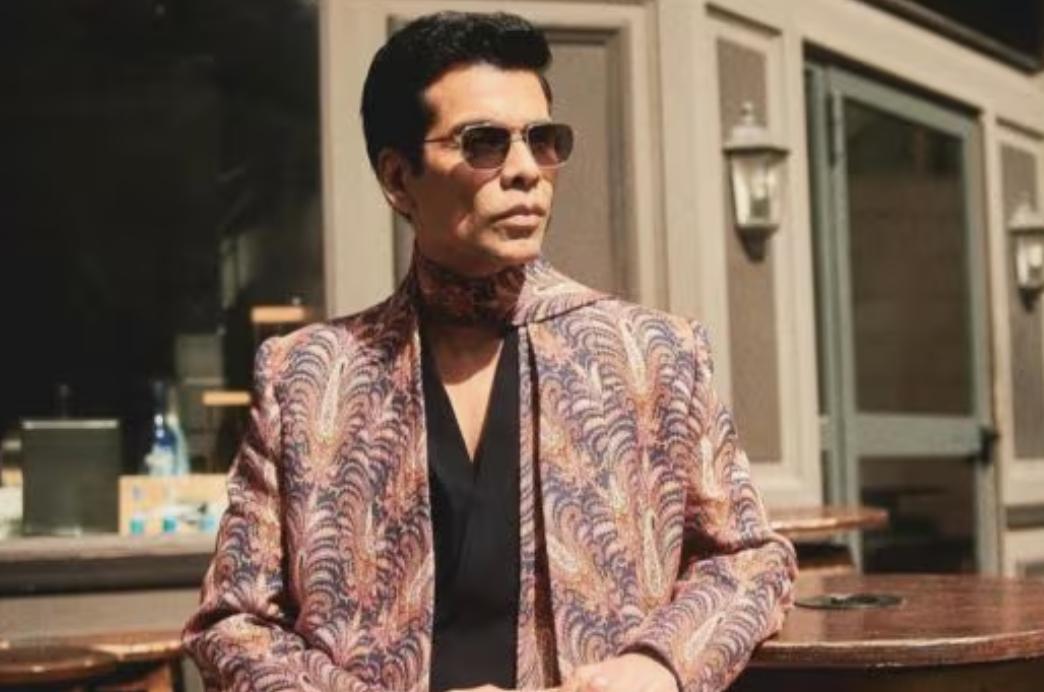
Took voice, walking coaching as I ran & sounded like a girl: Karan
In a candid revelation, renowned filmmaker Karan Johar shared a personal anecdote about his teenage years, where he underwent extensive coaching to change his voice and walking style. At the tender age of 15, Karan felt the need to alter his mannerisms, as he believed they were not conventionally masculine. This journey of self-discovery and transformation is a testament to the societal pressures that often shape our perceptions of identity and gender.
Karan’s story begins with his realization that he ran and sounded like a girl. This awareness sparked a sense of insecurity within him, driving him to seek professional help. For three years, he took voice and walking coaching classes, determined to adopt a more masculine tone and gait. The coach’s words still resonate with him, “You won’t face the world with the confidence that you need if you don’t sound like a man.” This statement highlights the deep-seated notion that a person’s voice and demeanor are inextricably linked to their confidence and self-assurance.
The coaching classes were a secretive affair, with Karan choosing not to disclose his true intentions to his father. Instead, he told his dad that he was attending computer classes, cleverly concealing his real activities. This deception may seem trivial, but it underscores the fear of judgment and rejection that often accompanies nonconformity. Karan’s decision to hide his coaching classes from his father suggests that he was unsure of how his family would react to his desire to change his voice and walking style.
As Karan navigated this journey of self-transformation, he was driven by a desire to fit into societal norms. His experiences serve as a reminder that the pressure to conform can be overwhelming, particularly during adolescence. The need to belong and be accepted can lead individuals to alter their behavior, voice, and even their sense of self. In Karan’s case, his efforts to sound and walk like a man were motivated by a desire to be perceived as confident and masculine.
However, it is essential to recognize that these societal expectations can be limiting and damaging. The emphasis on traditional masculinity can stifle individuality and creativity, forcing people to conform to narrow and outdated standards. Karan’s story, while relatable, also highlights the need to challenge these norms and promote a more inclusive and accepting environment.
In recent years, there has been a growing movement to redefine traditional notions of masculinity and femininity. The LGBTQ+ community has been at the forefront of this movement, advocating for greater acceptance and understanding of diverse identities and expressions. Karan’s experiences, although specific to his own journey, contribute to a broader conversation about the importance of self-acceptance and the need to challenge societal norms.
As we reflect on Karan’s story, it is clear that his experiences have had a lasting impact on his life and career. As a filmmaker, he has consistently pushed boundaries and challenged conventions, using his platform to promote inclusivity and diversity. His willingness to share his personal struggles and vulnerabilities has helped to create a more open and accepting dialogue around issues of identity and self-expression.
In conclusion, Karan Johar’s revelation about his voice and walking coaching classes serves as a powerful reminder of the societal pressures that shape our perceptions of identity and gender. His journey, although unique, highlights the need to challenge traditional norms and promote a more inclusive and accepting environment. As we strive to create a more compassionate and understanding society, it is essential to recognize the importance of self-acceptance and the need to embrace diversity in all its forms.





